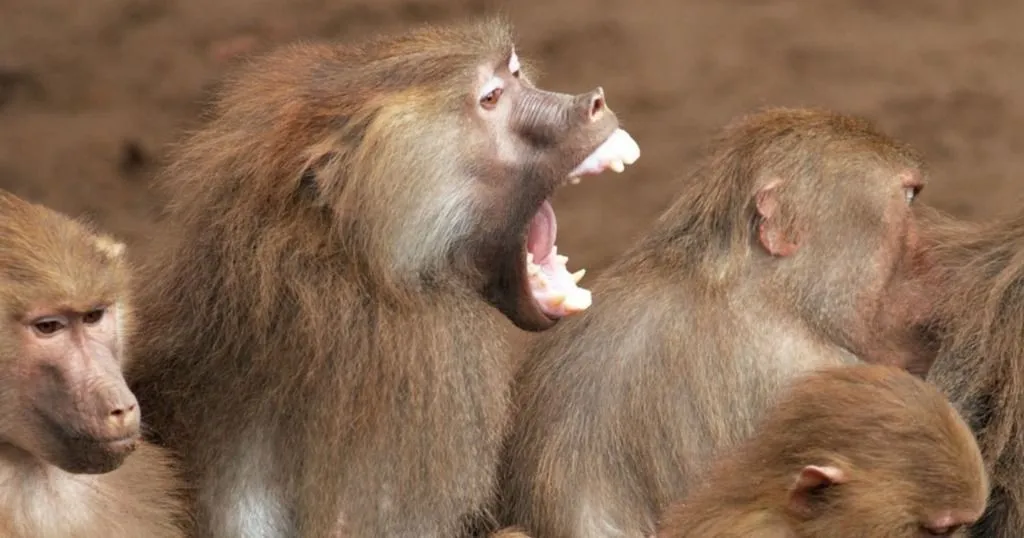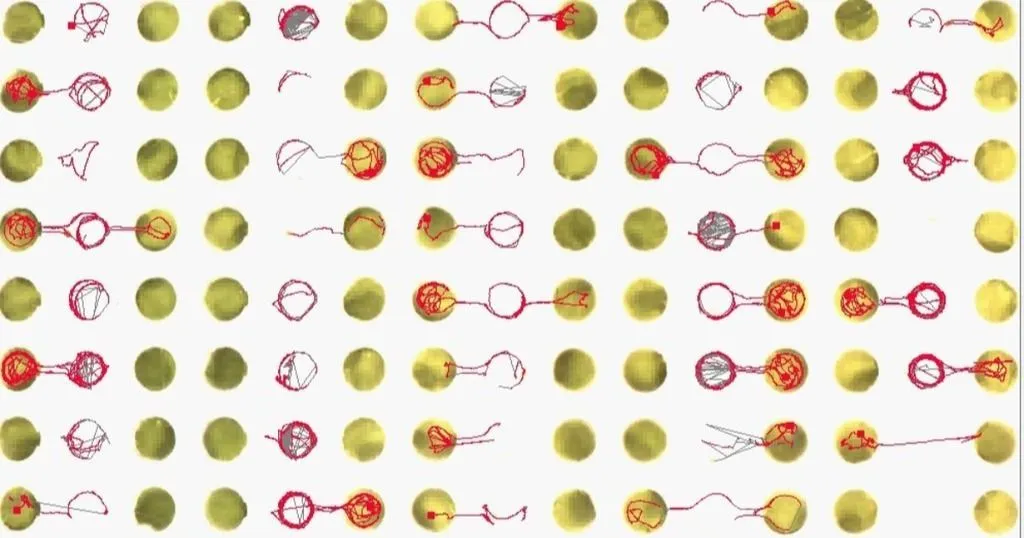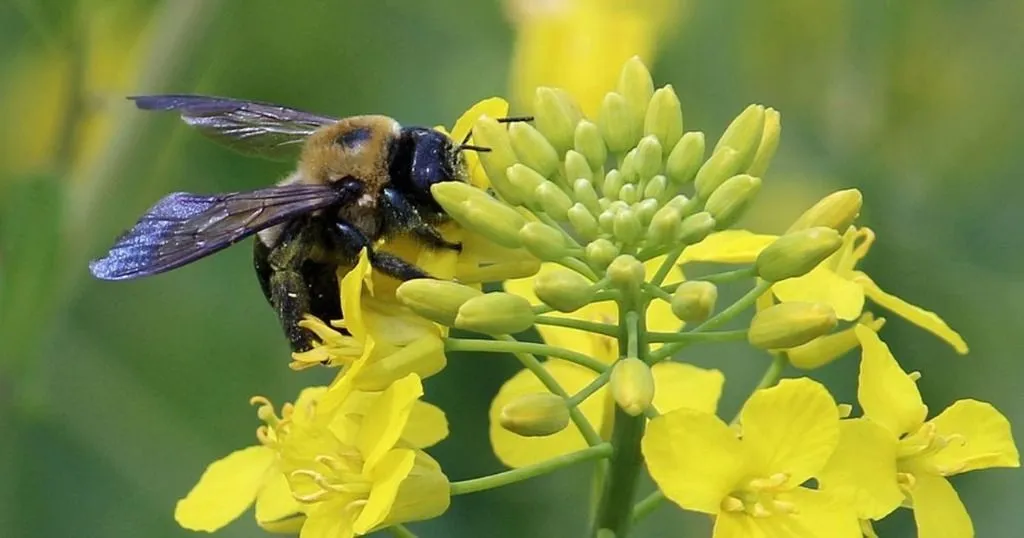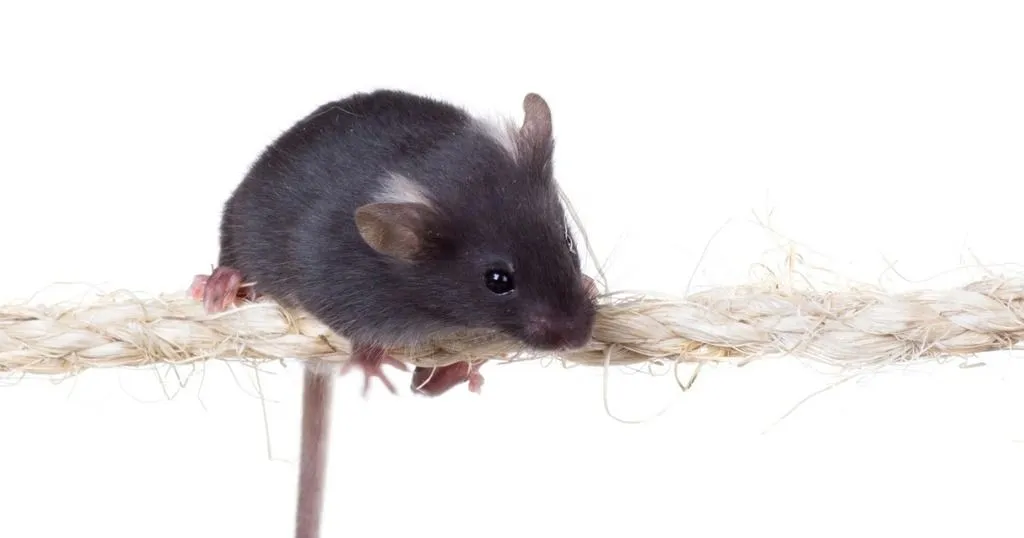Primate behavior - cracking the nut, fur rubbing & mating behavior
Interested in primatology? Today we present to you three blog posts and a couple of interesting websites!
Posted by
Published on
Wed 23 Oct. 2013
Topics
| Aggression | Mating Behavior | Monkey | Primates |

Interested in primatology? Today we present to you three blog posts and a couple of interesting websites!
3 blog articles about primate behavior
- Observing monkey behavior – cracking the nut
We already know some monkeys display above average intelligence. One way by which we can tell is their use of tools. Behavioral studies have shown that capuchin monkeys use boulders and logs as anvils upon which they can crush nuts.
Furthermore, these monkeys have demonstrated that they are able to identify hammer stones best for cracking, and nuts that are easy to crack. Fragaszy et al. decided to add to this knowledge-base with their behavioral study, which was published as Wild Bearded Capuchin Monkeys (Sapajus libidinosus) Strategically Place Nuts in a Stable Position during Nut-Cracking.
This publication in PLOS ONE elaborates upon the detailed study of monkey behavior, specifically the placement of nuts prior to striking them. An interesting detail: they studied this same behavior in humans as well. Learn more – read the blog post here.
- Unraveling primate behavior, why do monkeys rub their fur?
In animal behavior research, it is widely believed that fur rubbing is used in social bonding. However, for tufted capuchin monkeys, this is not true (Paukner, Suomi, 2008).
Animals that rub their fur encounter more aggression and have less friendly behavior. They have less grooming behavior and play less than animals that do not rub their fur. This of course puzzles the scientists that study primate behavior.
Do the monkeys perhaps fight for fur rubbing material? Or does fur rubbing make them smell so bad that their group members become aggressive? In an interesting study, Annika Paukner and Stephan Suomi (2012) investigate the cause of the aggression after fur rubbing.
The authors look how much time the animals spend in proximity with other monkeys and whether the monkeys initiate or receive aggression, and initiate or receive friendly behavior. Read this blog post to learn more about the cause of the aggression.
- Secret sex and promiscuity - Mating behavior of Rhesus monkeys
In Rhesus monkeys the optimal sexual strategy is different for Alpha males, other males and females. Alpha males want females to mate exclusively with them, whereas other males and females benefit from promiscuity.
With secret sex, females and bystander males counteract the strategies of alpha males to dominate the group. In a recent article in the American Journal of Primatology, Anne Overduin-de Vries and colleagues hypothesize that females and bystander males (Rhesus Macaques) copulate secretly out of sight of the alpha male.
They investigated whether mating between females and bystander males occurs more often in absence than in presence of the alpha male. In addition to this, they looked whether the male’s rank is of importance for the effect of their presence on mating behavior of females with other males. Sneaky monkeys….read more!
3 websites on Primatology
Check out these websites with the latest developments in Primatology.
Related Posts

Screening insecticides for efficacy or tolerance

Flower preference in solitary bees

